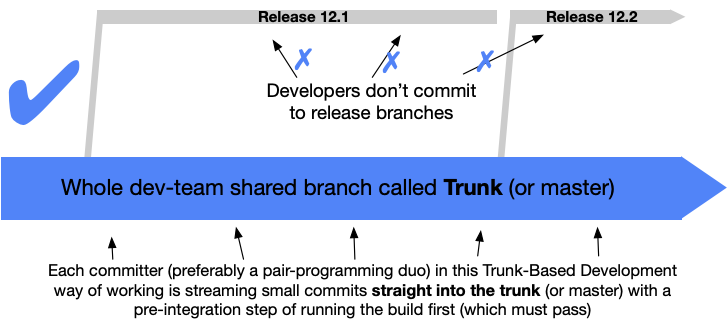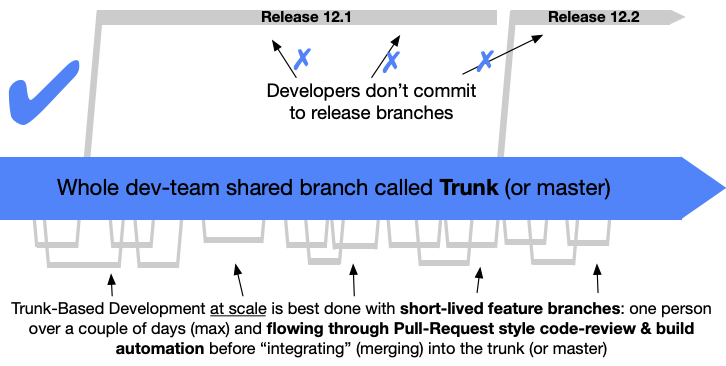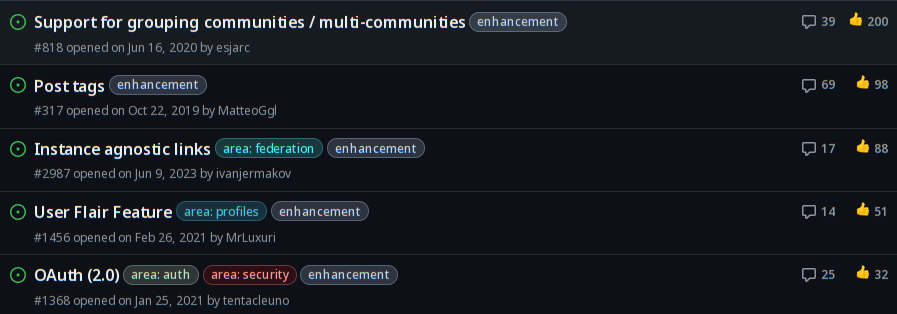It'll be the topic of major news outlets the world around. The BBC will have a live interview with the developers of Mint and Bazzite, governments will decide to invest in opensource to replace Windows, Mac and any other closed source viruses, there will be a Linux User Foundation that collects money purely for linux (unlike the Linux Foundation) where people can apply for jobs to work on the kernel with entry-level positions like intern and junior, the Opensource User Foundation will be founded to propagate opensource wherever and whenever possible, ... it'll be glorious!
We will truly enter a better world, all thanks for 5% penguin.
Who the hell came up with that? 😂 I'm sorry, but that's hilarious.
Malware designed to hide files was allegedly inserted into the Grid Program – the code that allows KT users to exchange data in a peer-to-peer method
Was this their own software that had a P2P feature for their customers? Were they punishing their customers for using a tool they provided? I don't get it.
To disable predictable interface naming and switch back to the old scheme, add
net.ifnames=0andbiosdevname=0to your boot paramets.
What is the old scheme? This?
The solution to this issue is to assign custom names based on MAC address. The MAC address is hardcoded into the network adaptor, and will not change. (There are other ways to do this as well, such as setting udev rules).
Does that mean that until you name something it's unusable?
Sometimes I'm in awe at the effort people put into these memes. Well done 😄
P.S Now make one about people who squash 100 commits into one without cleaning up the message and have a single commit with 1k added / 2k removed in it for the sake of "clean" history.
Code is the most in depth spec one can provide. Maybe someday we'll be able to iterate just by verbally communicating and saying "no like this", but it doesn't seem like we're quite there yet. But also, will that be productive?
Doesn't seem like it's open source. Am I mistaken?
In I2P we trust 🙏 Can't sue what you can't find.
Pick an easy to use distro, put it on a USB stick, boot into it and test it. While in there, check hardware compatibility using https://linux-hardware.org/ . For programs, use https://alternativeto.net/ to find alternatives of whatever software you're using that work on linux.
Exactly the same path Recall will take. Install Linux Mint, folks...



It's the most wanted feature.
I think if people really want it, they can pool together on a bounty.
Anti Commercial-AI license